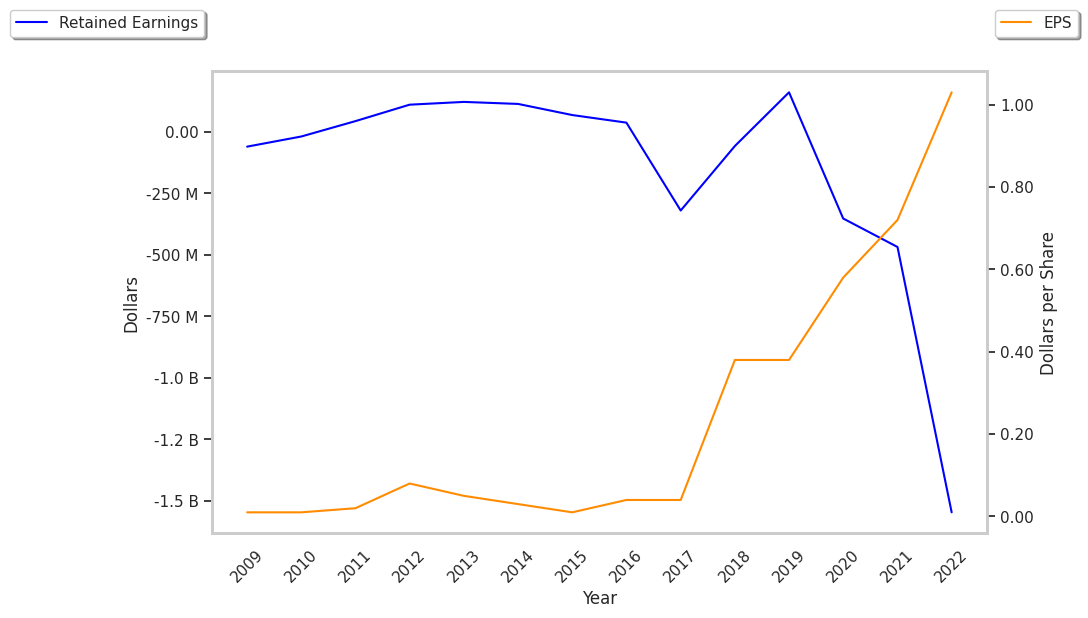The best investors are not afraid to go against the grain. And an investment in Fortinet, which has an average analyst rating of only hold, would certainly fit the bill. Might patient investors be able to find value in this stock? Let's dive into numbers and see for ourselves.
Over the last year, Fortinet shares have moved 5.8% while trading between the prices of $70.12 and $114.82. This represents a -9.2% difference compared to the S&P 500, which moved 15.0% over the last 52 weeks.
At its current price of $79.11 per share, FTNT has a trailing price to earnings (P/E) ratio of 31.5 based on its 12 month trailing earnings per share of $2.51. Considering its future earnings estimates of $2.41 per share, the stock's forward P/E ratio is 32.8. In comparison, the average P/E ratio of the Technology sector is 30.44 and the average P/E ratio of the S&P 500 is 29.3.
We can also compare the ratio of Fortinet's price to its book value. A company's book value refers to its present equity value: what is left when we subtract its liabilities from its assets. FTNT has a book value of 29.4, with anything close or below one indicating a potentially undervalued company.
A comparison of the share price versus company earnings and book value should be balanced by an analysis of the company's ability to pay its liabilities. One popular metric is the Quick Ratio, or Acid Test, which is the company's current assets minus its inventory and prepaid expenses divided by its current liabilities. Fortinet's quick ratio is 1.21. Generally speaking, a quick ratio above 1 signifies that the company is able to meet its liabilities.
Next up in our analysis is Fortinet's free cash flow, which stands at $2.1 Billion. This represents the cash that is available to the company after all of its expenses and income are accounted for -- including those that arise outside of its core business activities. This money can be used to re-invest in the business or to payout a dividend. For now, at least, Fortinet has chosen the former.
At Market Inference, we will keep monitoring Fortinet to see if the contrarian thesis in this stock will be vindicated. Going against the grain can be an excellent way for investors to extract value from the stock market, but it's never a good idea to apply a strategy for its own sake. Do your own research and make sure that the facts support your decision.



